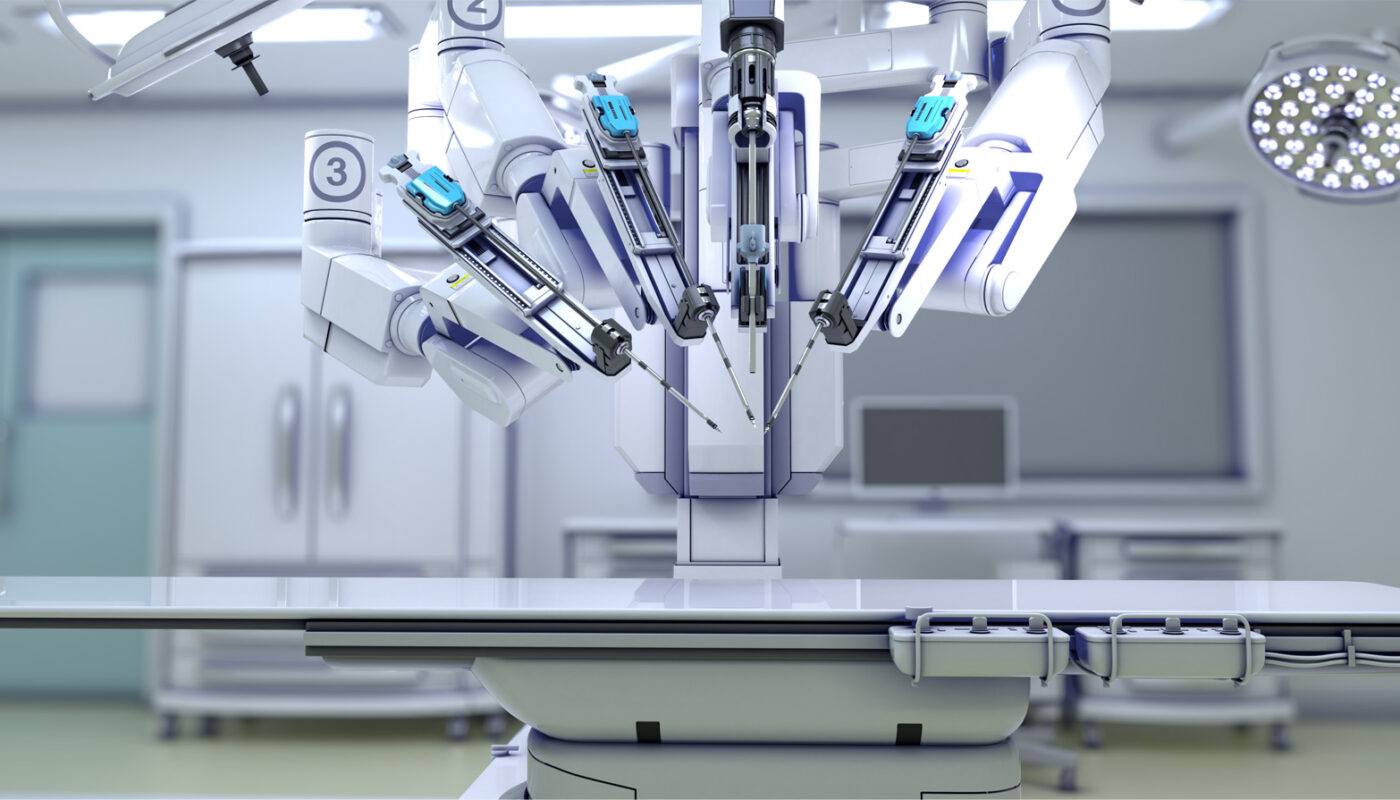A ground-breaking study suggests that scalpels equipped with built-in sensors have the potential to streamline surgeon training and enable the performance of procedures by robotic devices. Researchers have found that these smart scalpels can accurately track the amount of force applied by surgeons during surgical procedures, as well as analyze their control over time. The sensor data analysis demonstrated that this technology can assess surgical skills as efficiently as traditional evaluation methods that rely on visual assessment by experienced practitioners.
This novel technology, incorporating a newly developed force-sensing system, could be further developed to assess a wide range of surgical skills. Additionally, it could contribute to the creation of robotic devices capable of performing procedures safely and efficiently. The low-cost device, developed at the University of Edinburgh, consists of a scalpel connected to a sensor-loaded circuit board housed within the handle. By designing a machine learning model that analyzes the data captured during force application, the researchers were able to measure and evaluate this crucial aspect of surgical performance.
Measuring the force applied during surgery is of paramount importance; however, there have been limited tools available to measure this in real-life settings until now. Furthermore, traditional assessments of surgical skill have never utilized this type of measurement. To test the effectiveness of the smart scalpel, the researchers tracked the performance of 12 medical students and two surgeons during an elliptical incision procedure. This procedure involves making two curved cuts to the skin and is used for the removal of skin lesions and moles, such as melanoma. The tests were conducted using synthetic material that mimics the properties of human skin, composed of gelatin and silicone.
The data analysis of each participant’s skills was compared to the assessment made by four surgical experts, consisting of two neuroscientists and two plastic surgeons. The results yielded a close correlation with the experts’ evaluation of each user’s ability, suggesting that this technology has the potential to simplify the process of assessing surgical skills. However, some discrepancies arose due to differing instrument and tissue handling techniques between neuroscientists and plastic surgeons, according to the research team.
These findings have been published in the journal Communications Engineering and were supported by UK Research and Innovation (UKRI). As the development of smart scalpels continues, the implications for surgeon training and robotic procedures are immense. By accurately measuring and analyzing the force applied during surgery, this technology could enhance surgical training and ultimately improve patient outcomes. In the future, it is envisioned that robotic devices utilizing these smart scalpels will be able to perform complex surgical procedures autonomously, with precision and safety. The potential for advancements in the field of surgery through the integration of smart scalpels and robotic technology is promising, marking a new era in medical innovation.
*Note:
1. Source: Coherent Market Insights, Public sources, Desk research
2. We have leveraged AI tools to mine information and compile it




